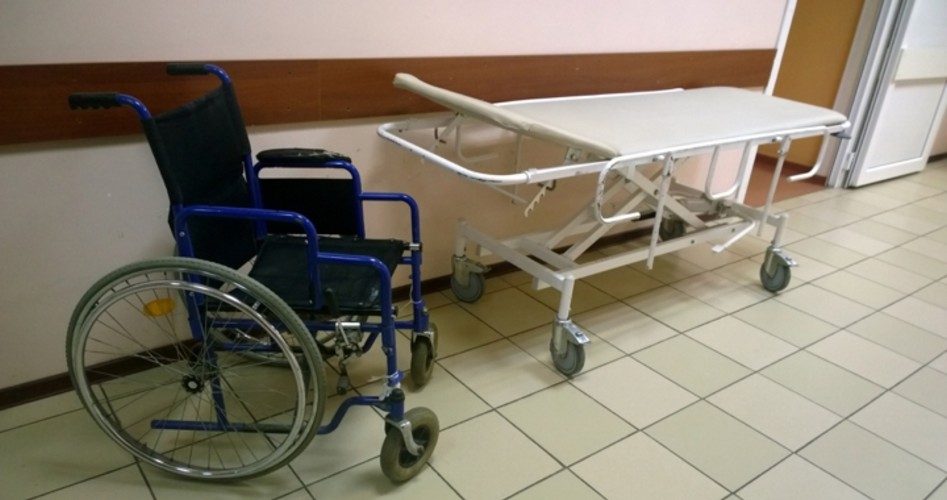
An ObamaCare program designed to save money by reducing hospital re-admissions has had a presumably unintended side effect: an increase in the number of deaths among discharged patients.
ObamaCare established the Hospital Readmissions Reduction Program (HRRP) with the aim of shrinking the number of patients readmitted to the hospital after being treated for pneumonia, heart attack, or heart failure. Studies at the time found that about 20 percent of Medicare patients were being readmitted within 30 days, with about half those cases thought to be preventable.
Unfortunately, ObamaCare’s solution — slashing Medicare reimbursements to hospitals that failed to reduce readmissions — appears, like so many other government programs, to have created worse problems than the one it was intended to solve.
From Uncle Sam’s perspective, HRRP has been a smashing success. It has indeed reduced readmission rates for the target conditions, saving Medicare about $2 billion a year. This has led to calls for expanding the program to cover other conditions.
Those savings, however, have come at a cost tallied not in dollars but in human lives, according to a new study published in the Journal of the American Medical Association.
The study of approximately eight million Medicare patients hospitalized between 2005 and 2015 found that HRRP “was associated with an increase in deaths within 30 days of discharge among patients hospitalized for heart failure or pneumonia, though not for a heart attack,” three study co-authors wrote in the New York Times.
They elaborated:
The study … found that although post-discharge deaths for patients with heart failure were increasing in the years before the program, the trend accelerated after the program was established. Death rates following a pneumonia hospitalization were stable before the Hospital Readmissions Reduction Program, but increased after the program began.
For both conditions, the increase in deaths after the program were [sic] concentrated in those patients who had not been readmitted to the hospital after discharge. If we assume that the program was directly responsible for these increases in mortality and that prior trends would have continued unabated, the program may have resulted in 10,000 more deaths among patients with heart failure and pneumonia.
Yes, you read that correctly: 10,000 Americans may have needlessly died because of just one provision of ObamaCare.
“How might this have happened?” the authors asked.
Though policymakers assumed that reductions in readmissions under the program were solely due to improvements in quality of care, our findings suggest otherwise. It is possible that some hospitals treated patients in the emergency room or in an observation unit when they would have benefited most from an inpatient readmission. It is also possible that shifting clinicians’ focus to readmissions distracted them from working to reduce mortality, since the readmissions penalties are over 10 times higher than the financial penalties for high death rates.
The authors suggest postponing any expansion of the program until its effects can be fully determined, inquiring, “Why are policies that profoundly influence patient care not rigorously studied before widespread rollout?”
But as the Ludwig von Mises Institute’s Tho Bishop observed, a better question is “Why should government policy makers be influencing the general practices of hospitals in the first place?”
He quotes cardiologist Michael Accad:
Of all economic sectors, health care should clearly rank among those most dependent on local knowledge. After all, how to best treat a patient is decidedly circumscribed in the here and now. Yet, lured by the idea that medicine is a scientific enterprise, we persevere in our attempt to manage health care with the same methods that would fail to optimize the construction and distribution of even a simple pencil.
Government has its fingers in every decision made by every doctor or hospital in the country, and with Washington paying so many of the bills, it naturally wants to keep costs down. As with all socialized-medicine schemes, this invariably results in denial of care, which, as this study shows, can lead to death. The solution is not, as the study authors conclude, to make sure government programs are medically sound before implementing them but to stop implementing them and start demolishing the crazy quilt of laws, regulations, and subsidies that has made healthcare unaffordable in both cash and lives.
Photo: Kroshanosha/iStock/Getty Images Plus



